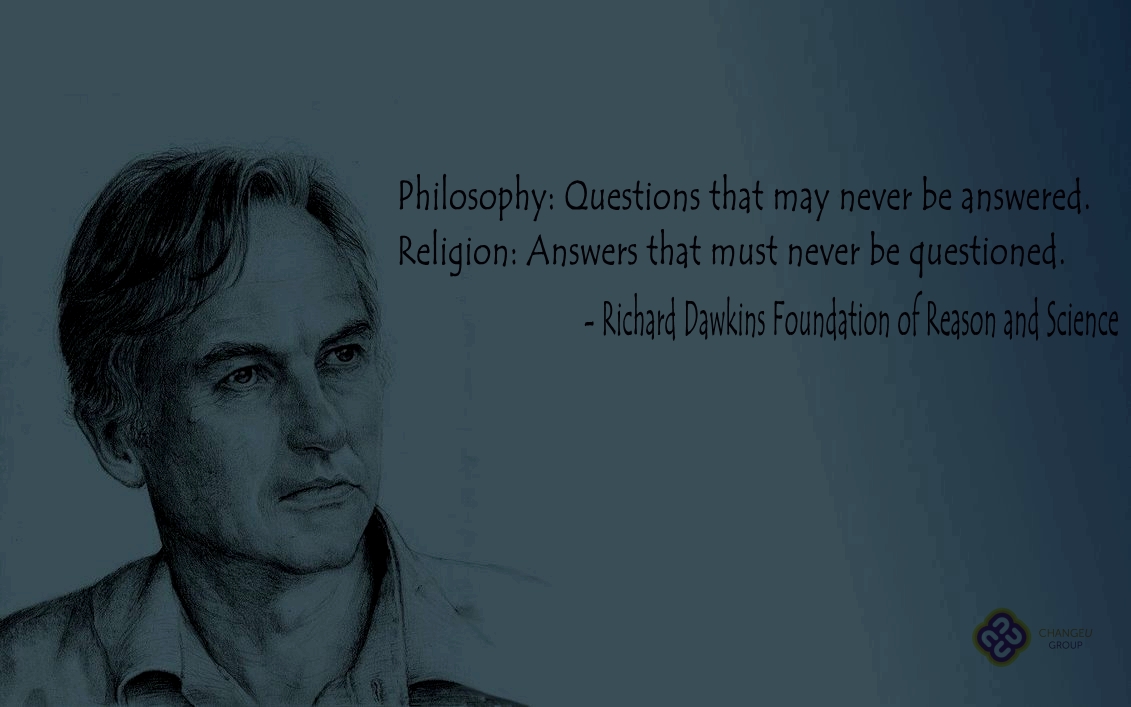Now and again, there’s a multiplication of new books about the intersection or dis-junction of science and religion. Here are seven new ones by individuals with recognized logical accreditation however compelled limits in the reasoning of religion. So we’ve included an eighth which, to us, is the book the present day world needs to mend the fracture and proceed onward from stupid exchange to completing something vital, such as sparing life before we destroy it.
Here are the initials in sequential order arrange, which might be the part of them that bodes well:
- Breaking the Spell: Religion as a Natural Phenomenon by Daniel C. Dennett, a scholar and scholar of insight at Tufts. He champions “overcome” analysts, among them himself, who challenge religion.
- Development and Christian Faith by Joan Roughgarden, an offspring of Episcopal ministers and now a trans-formative scientist at Stanford. She discloses her endeavors to fit the person into development – an adventure muddled by the way that she is a transgender wonder and varies with traditional trans-formative thoughts regarding sexual ID.
- God’s Universe by Owen Gingerich, an emeritus educator of stargazing at Harvard, who clarifies why he is “by and by influenced that a super-intelligent Creator exists past and inside the universe.”
- Letter to a Southern Baptist Pastor by E. O. Wilson, a scientist at Harvard, who alludes to himself as “a mainstream humanist.” Wilson keeps up that religion and science ought to consolidate to backer regard for and the security of nature, which bodes well. It’s hard to take the inverse position, that will be, that the two ought to be inconsistent over it, at the same time, with science basically centered around the issues of this life and religion on the undertakings of the following one, where they may get together stays unverifiable.
- Six Impossible Things Before Breakfast by Lewis Wolpert, a scientist at University College London. He assesses the way individuals consider circumstances and end results and is investigating what he calls “causal conviction,” by which he implies that occasions or conditions we encounter have a cause, perhaps an otherworldly cause. He is exact, without a doubt, when he says that human thinking is “assailed with sensible issues that incorporate over-dependence on power, overemphasis on fortuitous event, bending of the proof, round thinking, utilization of accounts, numbness of science and disappointments of rationale.”
- The God Delusion by Richard Dawkins, teacher of people in general comprehension of science at Oxford. He considers religious confidence an ailment and agnosticism “an overcome yearning.”
- The Language of God by Francis S. Collins, a geneticist who portrays his trip from secularism to submitted Christianity.
While it’s urging to see smart dialog about such subjects as shrewd plan, it stays amazing that none of the books get to the genuine stub of the conventional division among-st science and religion. It’s not about whether one can be a researcher and have confidence or whether one must reject the proof of science to have confidence.

